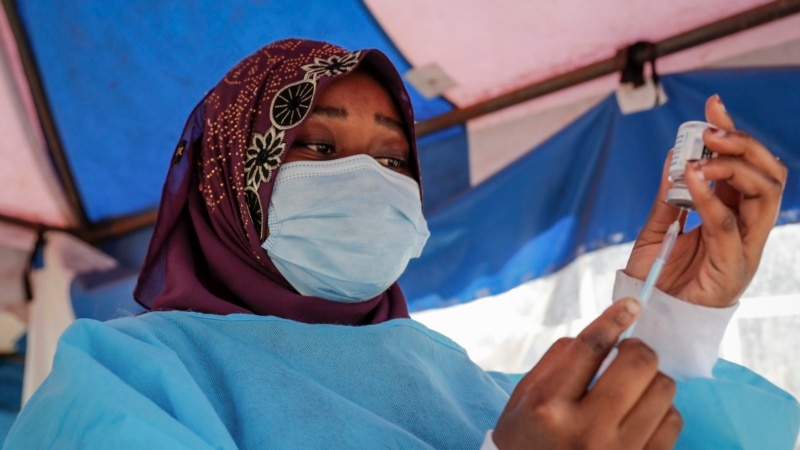
On Inauguration Day, US President Donald Trump signed executive orders that triggered the country’s withdrawal from the Paris Climate Treaty as well as the World Health Organization.
Although the broader impact of those steps may take some time to become clear, Kobus Van Staden, a China-Africa expert at the South African Institute for International Affairs, says one unintended consequence could be a shift in the global balance of power. These international organizations.
“The US withdrawal from the World Health Organization, the Paris Agreement, has weakened America’s voice in those organizations,” Van Staden said. “With many countries in the Global South, especially in Africa.”
While China may be the world’s largest greenhouse gas emitter, it is also the largest producer of green technology products globally, says Christian-Géraud Neima of a think tank called the China Global South Project.
“When the US withdraws from the Paris Agreement, China can rightly put forward its story of being a green technology champion,” Nima said.
During a press conference on Tuesday, Chinese Foreign Ministry spokesman Guo Jiaqun expressed concern about Trump’s decision on the Paris climate accord.
“Climate change is a common challenge facing mankind. No country can stay out of this. No country can remain untouched by this. “China’s determination and action to actively respond to climate change will remain consistent,” Guo said.
Africa CDC director-general Jean Kassia told Newsroom Africa on Tuesday that the withdrawal could lead to cuts in services for people in Africa.
“I’m interested in the health of the African people, and the United States is our main partner in Africa and the United States is providing a wide range of services to the African people,” Kassia said. “This decision has been taken and this is to see how we can address this challenge for African people.”
At the same time, Kasia says he sees opportunities in the creation of the new administration because he sees it as a “win-win for all of us.”
Nima of the China-Global South Project said the US withdrawal from the World Health Organization – which will take a year – could help establish China as a leader in global health.
“When it comes to health cooperation, we can also see how much China is expanding its influence in Africa with different medical cooperation with different countries,” Nima said.
China has a long record of building hospitals in Africa and sending medical aid ships and doctors to the continent, but Washington’s withdrawal could see even greater demands for funding and support from Beijing.
Trump has accused WHO of not handling the Covid-19 pandemic properly. He has also said he is displeased that the US – the WHO’s largest contributor – gives far more money to the organization than China contributes.
“Though it’s very sad, think about it,” Trump said. China pays $39 million and we pay $500 million, and China is a big country.
In further comments on Tuesday, a Chinese Foreign Ministry spokesperson said China would “continue to support WHO in fulfilling its responsibilities, deepen international public health cooperation” and “strengthen global health governance.”
Ultimately, Trump’s orders mean Africa will have to look elsewhere for help, said Bob Wekesa, director of the African Center for United States Studies at the University of the Witwatersrand in Johannesburg.
Wekesa said, “African countries now ultimately have to figure out how to raise their own internal resources to help, and if not, have to rely on the Europeans and the Chinese and the Indians.”
Last month, the US announced more than $1 billion in humanitarian aid to African countries. But Wekesa said trusting the US less after America’s exit from the WHO is a lesson African countries had already learned during Trump’s first term.
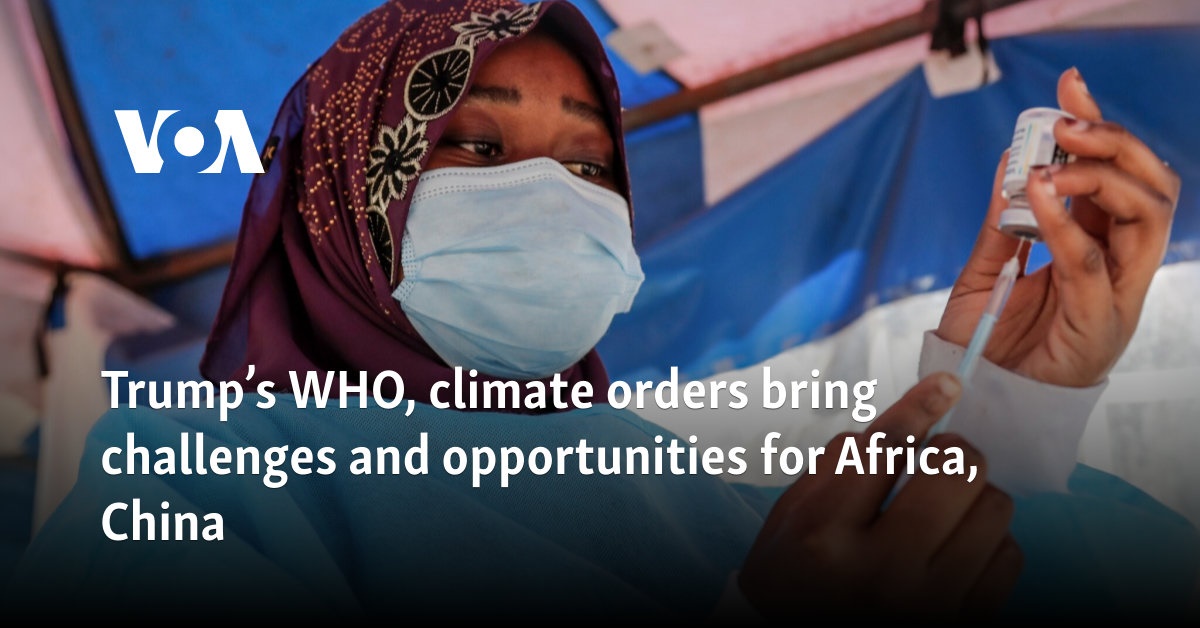
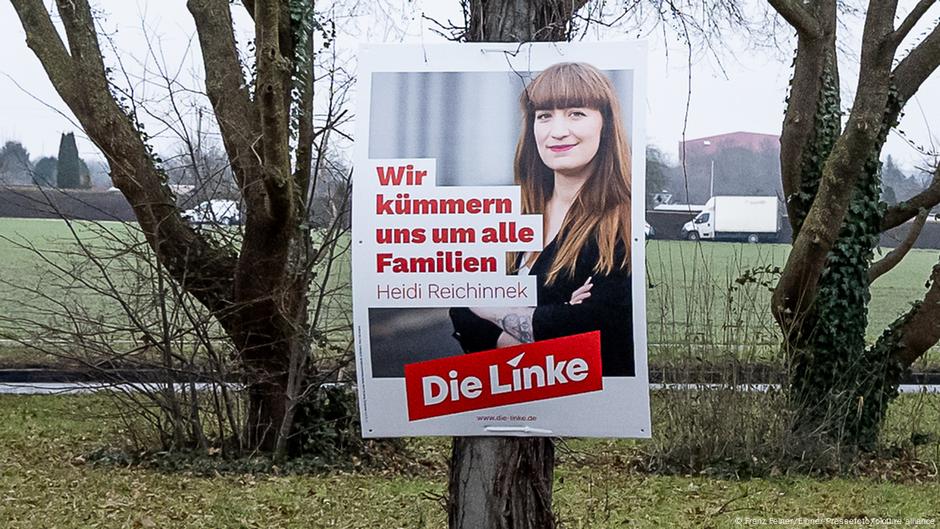
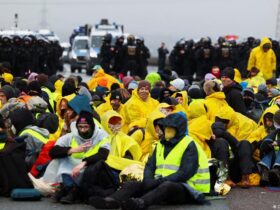
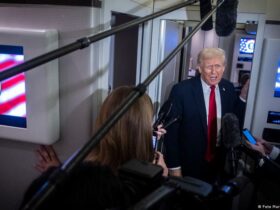
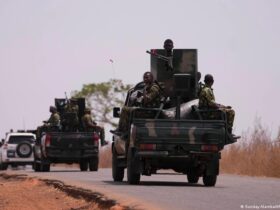
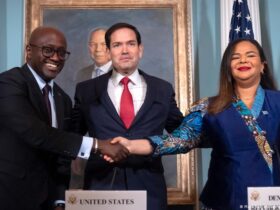
Leave a Reply